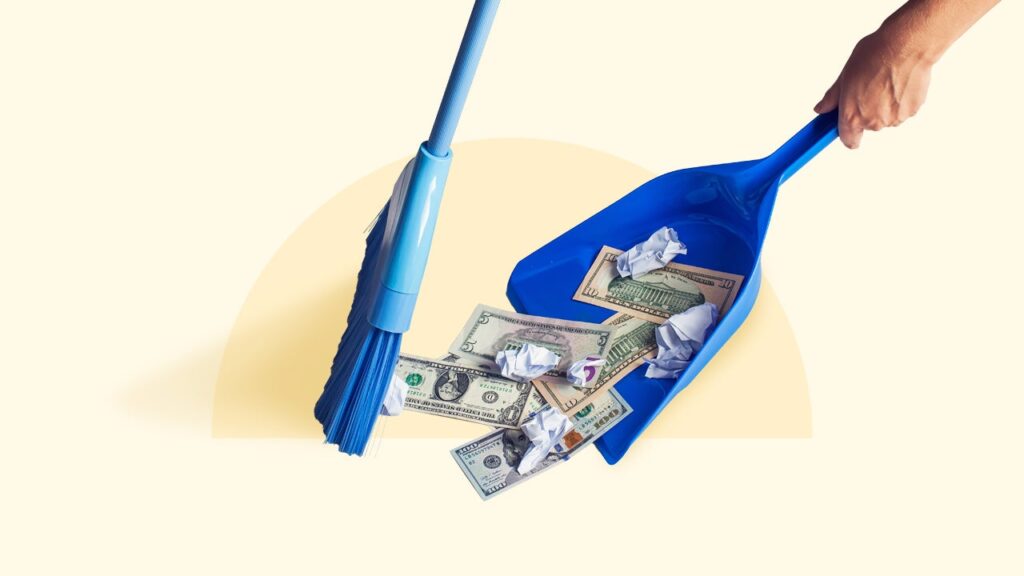Idle cash in your brokerage account may be earning your brokerage company more interest than it is earning you. While the money is still accessible, it is being used by the brokerage to generate high interest for themselves.
Understanding how cash sweeps work can help you make informed decisions about your investments and ensure you are getting the best return on your money.
What is a cash sweep account?
Brokerage firms offer cash sweep services that automatically collect and deposit uninvested cash into affiliated bank accounts, where the brokerage earns interest. This interest can be substantial, but customers often receive very low rates in return.
Many major brokers have faced backlash for their low-yield cash sweep accounts, with lawsuits accusing them of not acting in the best interest of their clients. As interest rates have increased, the discrepancy between what clients earn and what brokers earn has become more apparent.
Can you earn interest from uninvested cash in your brokerage account?
Some brokers offer negligible rates of return on uninvested cash, while others provide more attractive rates. It is important to know the interest rate on your cash and explore other sweep program options to maximize your returns.
Big brokers face backlash over low cash-sweep-account rates
Major wealth management firms are facing lawsuits over their low-yield cash sweep accounts, with clients alleging that brokers are pocketing a significant portion of the interest earned on uninvested cash.
3 tips for managing cash in your brokerage account
It is important to know the interest rate on your uninvested cash, explore alternative sweep program options, and consider moving excess cash to higher-yielding accounts. By optimizing your holdings, you can ensure that your money is working harder for you.
Bottom line
Cash sweep accounts are a common practice among brokerage firms, but it is essential to be mindful of the amount of cash you keep on hand and explore alternatives to maximize your returns.

